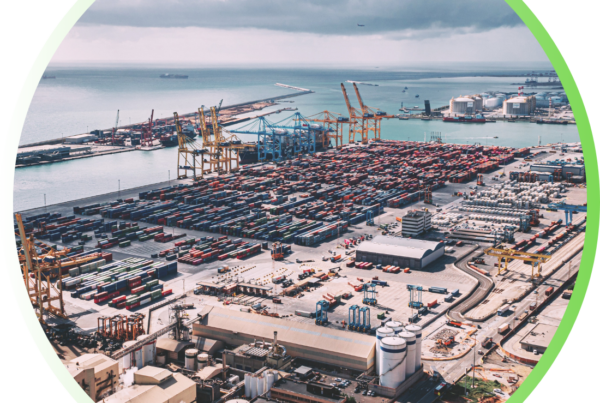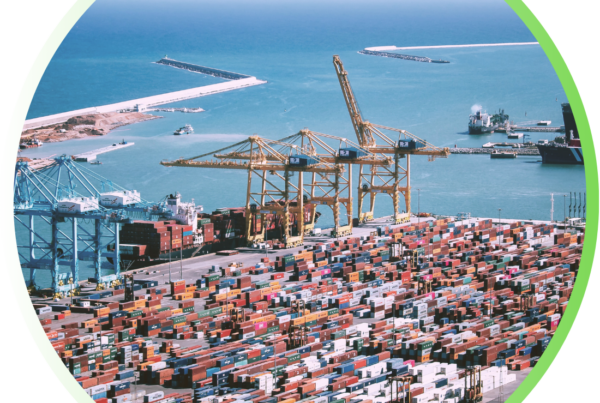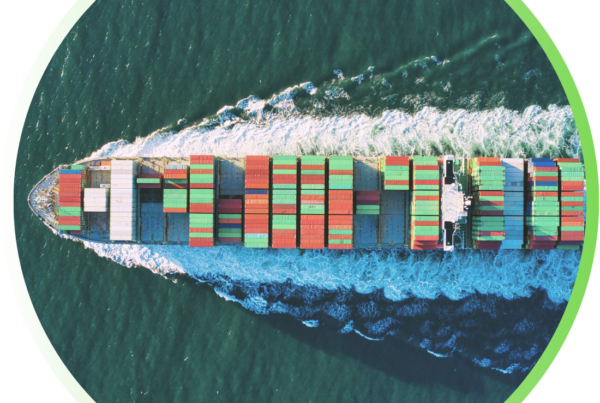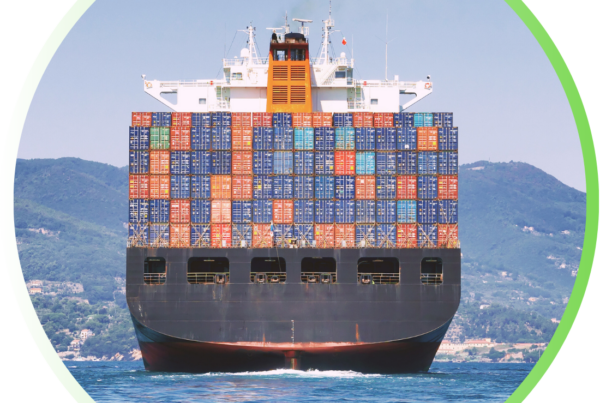Innovative Partnership to Boost Wind Propulsion in European Shipping
BAR Technologies has entered into a strategic alliance with Nervion Naval Offshore, aiming to distribute WindWings technology in Europe. This marks BAR’s first manufacturing collaboration outside China, responding to EU emissions guidelines. Nervion will handle the local supply, construction, and servicing of WindWings, designed to enhance fuel efficiency and cut emissions. The partnership underscores the maritime industry’s shift towards sustainable propulsion methods amid stricter environmental regulations.


Maersk Introduces Digital Air Cargo Booking for Indian Shippers
Maersk has unveiled an online tool that simplifies air cargo bookings for Indian shippers, covering over 70,000 origin-destination pairs worldwide. This digital initiative, accessible via Maersk’s website, offers instant pricing and availability, integrating customs clearance and cargo visibility services. It reflects Maersk’s continued expansion into integrated logistics solutions, enhancing India’s distribution network’s reach to 80% of the country’s postal codes.
UNRWA Faces Challenges with Aid Shipment in Israeli Port
The United Nations Relief and Works Agency (UNRWA) reports significant challenges in delivering aid to Palestinians in Gaza, with a critical shipment blocked in Israel’s port of Ashdod. This blockade affects a month’s supply of essential foodstuffs for 1.1 million people. The situation arises amidst allegations against UNRWA staff and subsequent funding suspensions, highlighting the growing administrative and operational hurdles faced by the agency in the region.


Smooth Sailing: European Ports Avoid Congestion Amid Vessel Schedule Adjustments
Despite concerns over potential congestion due to extended transit times and vessel diversions around southern Africa, European ports have managed to maintain smooth operations. Industry insiders note the emergence of a “new normal” in vessel scheduling, attributing the lack of congestion to well-managed ship arrivals and efficient terminal operations. This adaptation underscores the resilience of European ports in managing logistical challenges posed by global shipping disruptions.
Sharp Decline in Red Sea Navigation Amid Security Concerns
Following attacks by the Houthi movement, there’s been a significant reduction in the number of ships navigating the Red Sea, with a 70% decrease compared to December last year. The maritime industry is reevaluating its willingness to traverse this crucial waterway, facing heightened security risks and operational challenges. This shift has significant implications for global shipping routes and the broader geopolitical landscape affecting maritime trade.


Bulk Shipping Rates Surge Despite Traditional Slow Season
The Baltic Dry Index (BDI) shows a significant uptick in bulk shipping rates, more than doubling year-over-year despite the expected slow season. This surge is attributed to the ongoing crisis in the Red Sea, affecting traditional shipping routes and causing a shift in operational strategies. The rise in shipping rates reflects the broader market’s response to geopolitical tensions and their impact on global trade flows.
Container Shipping Prices Shaped by Multiple Global Factors
Evergreen Marine outlines three major challenges impacting this year’s container shipping rates: the Panama Canal’s reliance on weather conditions, the unresolved Red Sea crisis, and potential port congestion and labor negotiations in the US. These factors, combined with the aftermath of COVID-19 disruptions, have led to a significant increase in shipping rates across major routes, highlighting the volatile nature of the global shipping market and the intricate balance of supply and demand.


